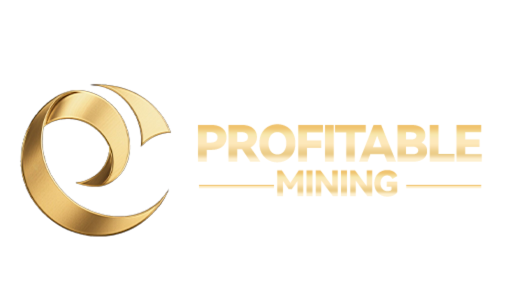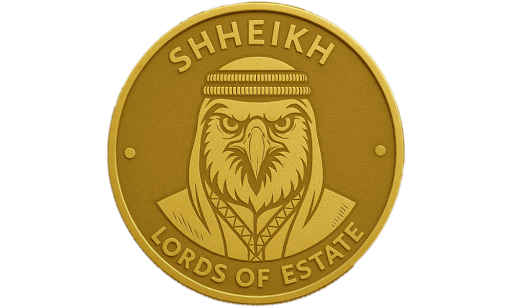Scroll DAO Suspends Governance Operations Following Leadership Resignations

Scroll DAO, the governance body behind Ethereum's zkEVM Layer 2 scaling project, suspended its governance operations in September 2025 following multiple leadership resignations. According to CoinDesk, the decision came after DAO leader Eugene resigned on September 10, 2025, leaving the organization without primary decision-makers.
Scroll co-founder Haichen Shen announced during a delegate call that the team is "redesigning governance" while active proposals remain in limbo. Growth lead Raza Zaidi emphasized the word "pause" rather than "stop" or "dissolve," though the timeline for resumption remains unclear. The suspension affects several pending proposals, including treasury management measures and governance council formation.
The leadership departure created operational confusion, with remaining team members uncertain about which proposals were active or previously approved. Eugene cited disagreements with leadership direction and concerns about progressive decentralization as reasons for his resignation, stating he could not support the current trajectory.
Community Impact and Operational Uncertainty
The governance pause affects approximately $185 million in corporate vaults powered by Scroll's zkEVM technology. Active community delegates expressed frustration over the lack of clear communication and transparent roadmap for restoration. According to The Block, delegate Olimpio criticized the approach as lacking transparency and potentially moving toward centralization.
The suspension immediately impacted community engagement, with some delegates reporting being banned from official Discord servers after raising concerns. Treasury management proposals worth millions remain frozen, creating uncertainty for ecosystem participants and liquidity providers. The Community Council initiative launched just weeks earlier on August 15, 2025, now faces an uncertain future.
Scroll's governance model operated through delegate voting alongside the Scroll Foundation and Security Council. The current crisis leaves token holders without clear representation or decision-making mechanisms for protocol changes and fund allocation.
Broader DAO Governance Challenges in 2025
The Scroll situation reflects wider challenges facing DAO governance in 2025, where organizations struggle to balance decentralization with operational efficiency. BeInCrypto reports that multiple major DAOs have recently debated governance reforms and centralization concerns across the industry.
Layer 2 governance presents unique complexities, as these protocols must manage both technical upgrades and community interests while competing in a rapidly evolving market. The pressure to maintain development speed often conflicts with decentralized decision-making processes, creating operational tensions that Scroll experienced directly.
Other DAOs in 2025 have adopted new mechanisms like quadratic voting and delegation systems to address participation inequality. However, Kaliham analysis shows that 76.2% of voting power typically concentrates among the most active 10% of voters, creating persistent centralization risks even in decentralized structures.
Despite governance troubles, Scroll's technical ecosystem continues expanding with new partnerships and over 1.5 billion monthly transactions processed. This demonstrates the ongoing challenge of separating protocol operations from governance structures in blockchain projects.
Further Reading
For those interested in understanding the tools and frameworks that enable DAO governance, our comprehensive DAO tooling guide provides detailed analysis of over 100 platforms used in decentralized governance. The guide explores voting mechanisms, treasury management systems, and delegation frameworks that could help address challenges like those faced by Scroll DAO.





